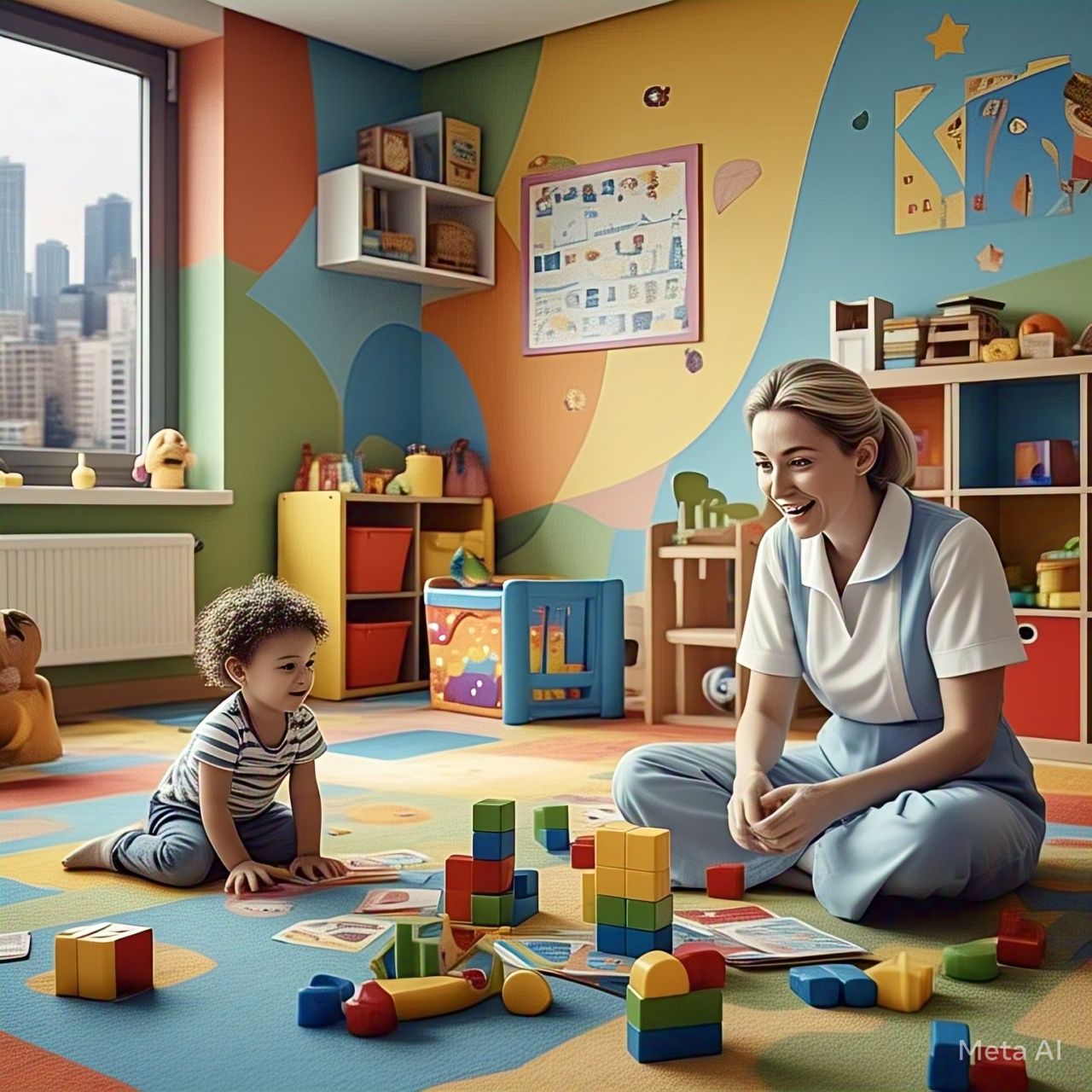Introduction
Artificial Intelligence (AI) is steadily making its way into every aspect of our lives, and childcare is no exception. AI-powered nannies are emerging as innovative tools to assist parents in raising children, offering real-time monitoring, interactive learning, and personalized care. While AI cannot replace the emotional and social aspects of human caregivers, it can provide significant support in ensuring a child’s safety, education, and well-being. In this article, we explore how AI nannies are shaping the future of childcare, their benefits, and the ethical concerns surrounding their use.
How AI Nannies Are Transforming Childcare
1. Smart Baby Monitors with AI
AI-driven baby monitors, such as Owlet and Nanit, use machine learning to analyze a baby’s sleep patterns, breathing, and movements. These devices send real-time alerts to parents, helping them ensure their child’s safety and well-being.
2. AI-Powered Educational Assistants
AI nannies are equipped with interactive learning modules that adapt to a child’s cognitive development. Smart assistants like Moxie and Roybi Robot engage children with educational games, storytelling, and language development exercises, fostering early childhood education.
3. Automated Nutrition and Feeding
AI-integrated feeding systems help parents track their child’s dietary habits, suggesting nutritious meals based on their age, preferences, and health conditions. Devices like Baby Brezza automate formula preparation, ensuring accurate measurements and optimal feeding temperatures.
4. Emotional and Behavioral Analysis
Advanced AI nannies can assess a child’s emotional state using facial recognition and voice tone analysis. These systems help parents understand their child’s mood, stress levels, and emotional needs, facilitating better communication and support.
5. Enhanced Safety and Home Security
AI nannies can integrate with smart home security systems to monitor a child’s surroundings. Features such as geofencing, fall detection, and voice-activated emergency calls provide an added layer of protection for young children.
Benefits of AI Nannies
1. Increased Safety and Monitoring
AI-powered monitoring tools offer real-time alerts, ensuring that children are safe and cared for, even when parents are not physically present.
2. Personalized Learning and Development
AI nannies adapt to each child’s learning pace, providing customized educational content that enhances cognitive and language skills.
3. Reduced Parental Stress
By automating repetitive childcare tasks, AI allows parents to focus on quality time with their children without the constant worry of daily routines.
4. 24/7 Availability
Unlike human caregivers, AI-powered systems can provide continuous support and guidance, making them a valuable resource for busy parents.
Ethical Concerns and Challenges
1. Privacy and Data Security
AI nannies collect vast amounts of data on children’s behaviors, raising concerns about privacy breaches and potential misuse of sensitive information.
2. Emotional and Social Development Risks
Over-reliance on AI caregivers may impact a child’s ability to form human relationships, as emotional connections are crucial for psychological development.
3. The Role of Human Caregivers
While AI can assist with monitoring and education, it cannot replace the love, empathy, and intuition of human caregivers, highlighting the need for a balanced approach.
The Future of AI Nannies
As AI technology advances, AI nannies will become more sophisticated, integrating voice recognition, emotional intelligence, and predictive analytics to provide even more personalized care. However, the key to their success will lie in responsible usage—leveraging AI as a helpful assistant rather than a replacement for human caregivers.
Conclusion
AI nannies are revolutionizing childcare by enhancing safety, education, and parental support. While they offer numerous benefits, ethical considerations must be addressed to ensure they complement, rather than replace, human parenting. The future of AI in childcare is promising, but it must be implemented thoughtfully to nurture the next generation in a balanced and emotionally enriching environment.




